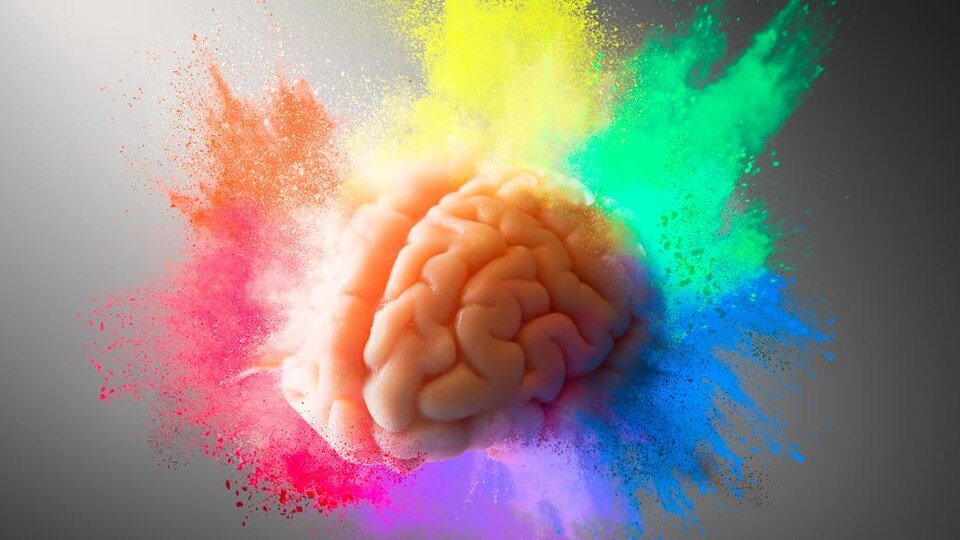Blog

The Link Between Dementia and Hearing Loss
Posted: 21/09/2023
Recent research has shed light on the connection between hearing loss and dementia, offering insights into the potential impact of hearing impairment on cognitive decline. While the exact nature of this relationship is still under investigation, several key findings have emerged.
Two of the most important studies in this field are a 25-year-long investigation known as the Baltimore Longitudinal Study of Aging, and the UK Biobank study reported in The Lancet in early 2023. This research has revealed a strong association between hearing loss and an increased risk of dementia. Individuals with mild hearing loss were found to be up to twice as likely to develop dementia as those with normal hearing, while those with severe hearing loss had up to a fivefold increased risk.
The underlying mechanisms linking hearing loss to dementia are complex. One theory is that the cognitive load (brainpower) required if you are struggling to hear and understand/respond to speech in noisy environments can lead to brain fatigue and mental exhaustion. This constant effort to decipher sounds may divert cognitive (understanding) resources away from other brain functions, potentially accelerating cognitive decline.

Additionally, social isolation and reduced engagement in intellectual activities due to hearing impairment may contribute to cognitive decline. Hearing loss can lead to unintentional decreased social interaction, which is associated with a higher risk of developing dementia. Additionally, the decreased sensory input from your hearing system might lead to changes in the brain's structure and function over time.
Another intriguing avenue of research focuses on the potential role of neurodegeneration. Some studies suggest that hearing loss may share common underlying mechanisms with neurodegenerative diseases like Alzheimer's disease, such as the accumulation of toxic protein clumps in the brain. This hypothesis raises the possibility that addressing hearing loss could have a positive impact on preventing or delaying the onset of dementia.
In light of these findings, early intervention for hearing loss is becoming increasingly important. Hearing aids and other devices can significantly improve an individual's hearing abilities, potentially reducing the cognitive load associated with hearing impairment. Earlier use of hearing devices may help maintain cognitive function and overall quality of life in older adults.
The research also emphasizes the importance of regular hearing screenings for older adults, as hearing loss often progresses gradually and can go unnoticed for years. Identifying and addressing hearing problems early on could play a crucial role in reducing the risk of dementia. You can try our online hearing test here or book a free hearing appointment at your local Rawlings Opticians & Hearing Care branch.
< Back




